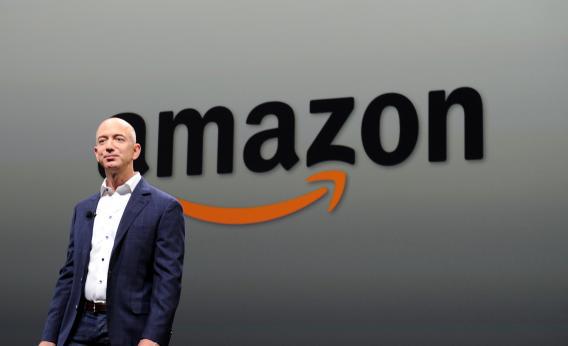Over the weekend, Henry Blodget had a good experience with Amazon that cost them some money, a tendency he declared makes them one of the best companies in the world. Amazon, he says, is like Rick’s Cafe in Casablanca in that it “constantly sacrifices short-term profit in the interest of serving other constituencies and values, including customers, employees, and the community,” so “it’s certainly no mystery why Amazon continues to take over the world.”
I agree with all of that, but I insist that it actually is a mystery. After all there’s a reason why most companies don’t employ the “provide a great service at such a great price that we don’t actually earn any profits” business strategy, namely that shareholders typically want to own shares in profitable companies.
If you don’t turn a healthy profit, people tend to sell your shares. That makes the company cheap enough that sooner or later some leveraged buyout shop will take you over, reorganize, start earning profits, and start paying themselves special dividends. That’s life. Except for a few special companies who have a hearty ban of investors who have enough faith in management to let them pursue a strategy of growth and excellence rather than profits. It’s the fact that Amazon is able to maintain such a healthy market capitalization even while pursuing Jeff Bezos’ strategy that makes it such a terrifying competitor. If Wal-Mart didn’t care about turning a profit, it could easily raise wages and have a better reputation. If your cable company didn’t care about turning a profit, it would slash prices and you’d love it. If Apple didn’t care about turning a profit, Verizon and AT&T would be handing out free iPhone 5s like candy.
It would be a wonderful world. But it’s not the world we live in because these are publicly traded companies in a capitalistic economy. They don’t just want to make money; the broader dynamics of the marketplace mean they have to make money or the managers will lose their jobs. Amazon is special. Wall Street has essentially granted Bezos the right to operate an extremely forward-looking charitable venture on the theory that at some future point it will acquire monopoly pricing power and start screwing us all. Personally, I’m skeptical that theory makes sense, so I’m just going to enjoy the ride. But don’t hate on Amazon’s competitors for not offering as good a value proposition. Pity them. I’m sure the bosses here at the Washington Post Company would love the opportunity to just deliver products regardless of profit, never pay dividends, and get hailed as geniuses for figuring out that the key to running a great media brand is for expenses to be unrelated to costs.
